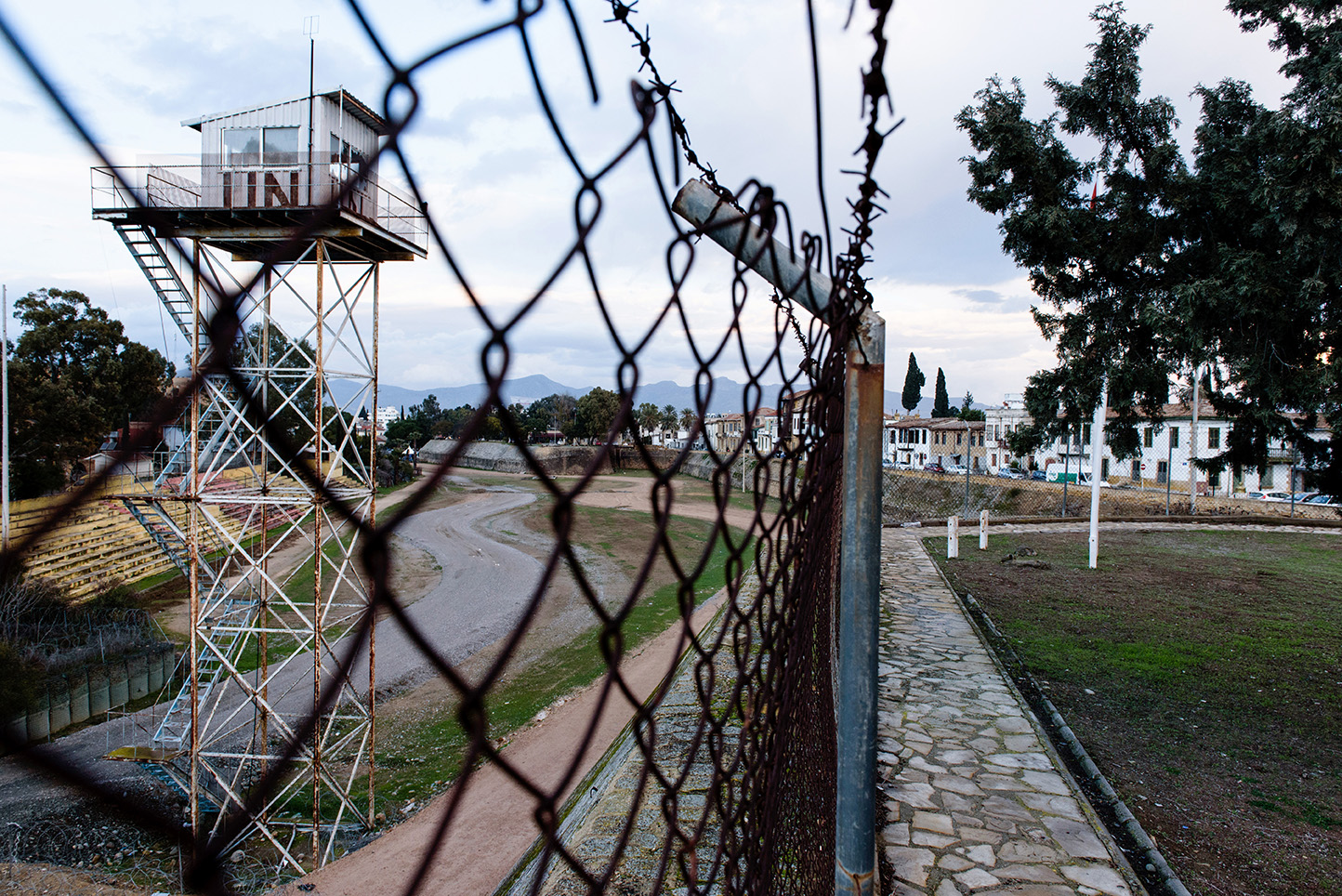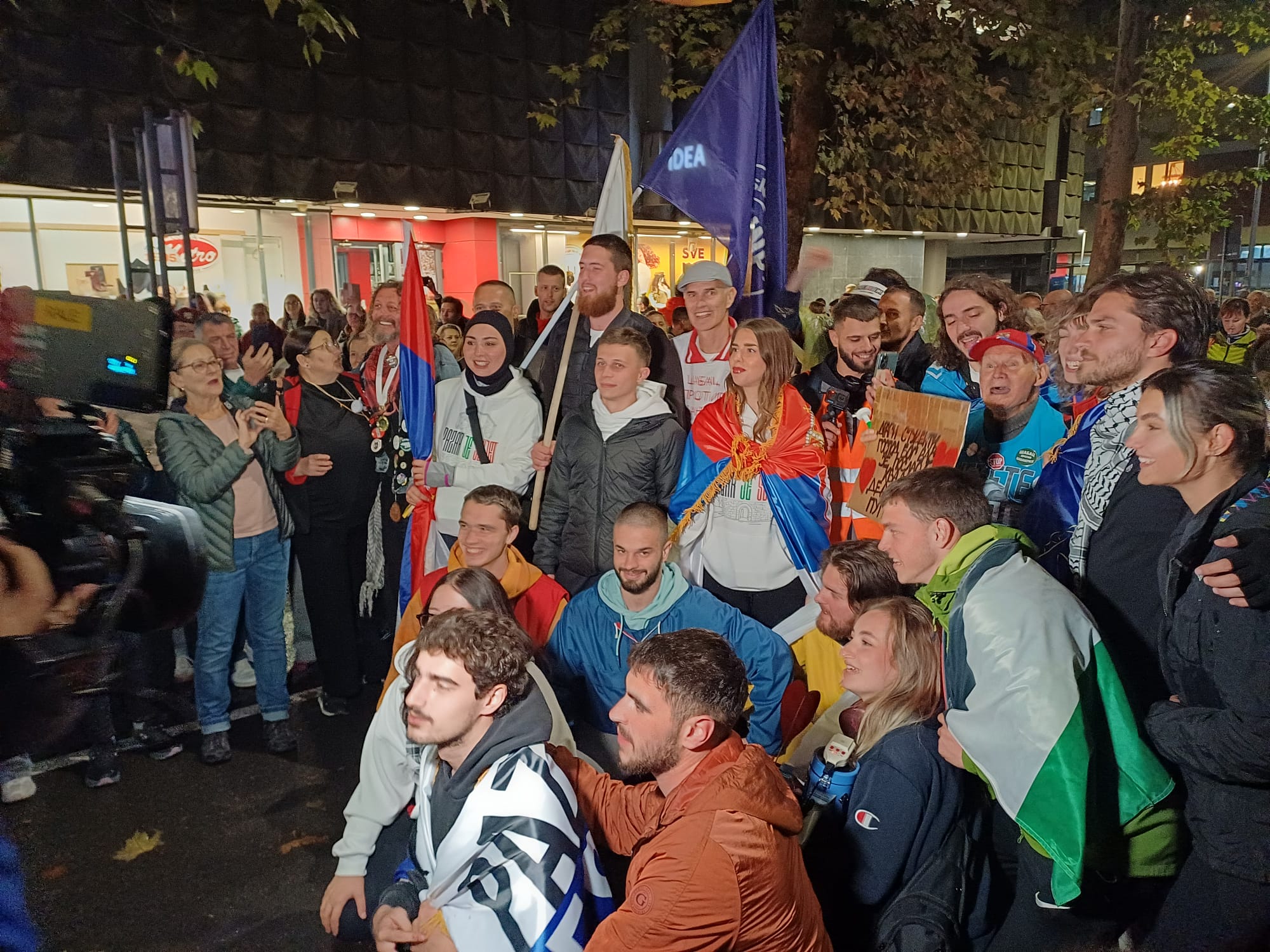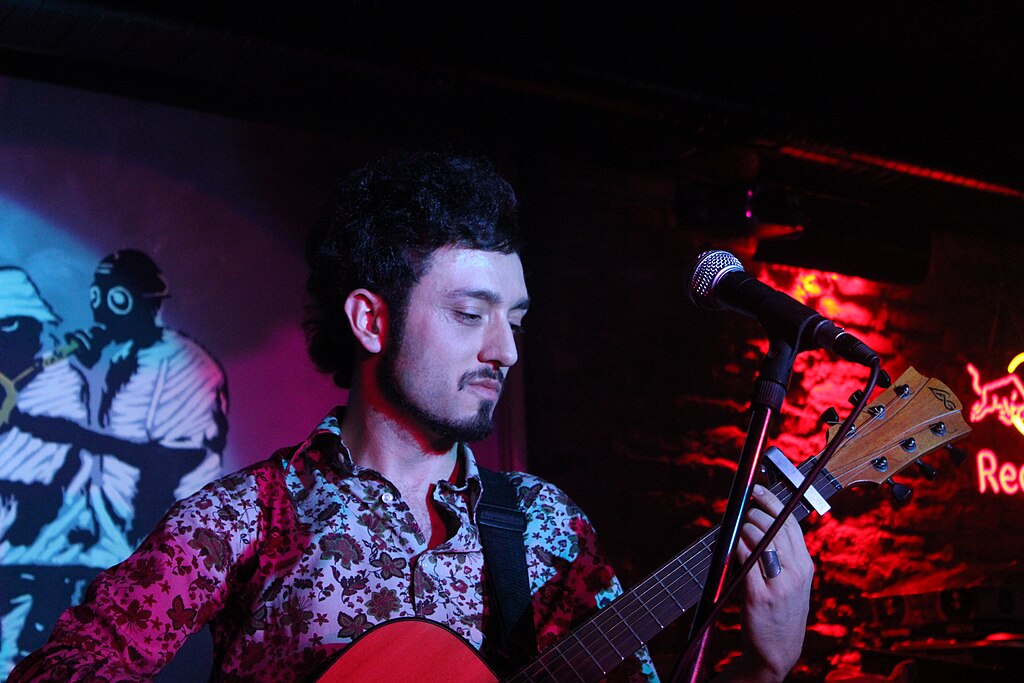Though, in principle, the decision to the dilemma seems quite obvious, since staying out of where all the rest are heading is equal to political suicide and economic disaster, there are still dissenting voices in the country. The recent open clash with most western governments over Kosovo has made some of the population additionally xenophobic. One cannot expect majority of people to get too inspired with the idea of democracy and values common to major western powers (most of which are European) after experiencing cruise missiles and smart bombs as heralds of the very democracy. In view of that fact, an average Serb can be even described as pretty tolerant: here one should remember the words of the American ambassador to Belgrade, Mr. William Montgomery, who recently stated he never actually believed an American would be able to freely walk in the streets of Belgrade so soon after the bombings ended. Since Americans top the list of villains in the eyes of the common folk, then Europeans are in a still better situation. No European, even a German, traditionally (and sometimes unfairly) seen as a long-time enemy of the Serbs, has had any particular problems with the citizens of Serbia, even those most radical ones.
Opinion Polls
Asked whether they believe integrating into Europe would be the best solution for the country, a majority of those taking part in the polls have said yes (the figures reached 91% according to the Markplan marketing agency). However, when asked which country Serbia should turn to as a long-term ally, dissenting voices could be heard. Most elderly people and former regime supporters would pin point Russia, although historians often remind the population here that Russia’s affinity to Serbia has long been just a tempting myth of Slavic unity and that this country has never actually sided with Serbs when it was needed most. Out of the EU countries, France is often described as "the biggest disappointment" due to its very active support of the hardline policy against Serbia in the years behind us. As already mentioned, Germany is traditionally seen as an "occupational" force, and its recent active role in support of Slovenia’s and then Croatia’s independence is also often pointed out. However, some (a minority) believe cooperation with Germany has always been historically productive, and there is a number of intellectuals and, especially businessmen, led by prime minister Djindjic, who have been working on close ties with this country. Italy is seen as much more tolerant of Serbian mischiefs in the previous years, but it is also not considered very influential in key decision making. Finally, smaller EU countries, such as Greece or Portugal are perceived by the population as very friendly, but with no influence whatsoever on major issues in the EU. As for the ‘Balkanite integrations’, that is the idea that there should be a ‘Balkan union’ first which would then collectively be integrated into EU one day, most Serbs are skeptical. Apart from the elderly again, who incorrectly view this as a revival of the idea of the former Yugoslavia, most people are wary. Although the common answer on the street is that "no Croat or Slovene would ever agree to any kind of reunion" it seems that this is only a pretext which hides the Serbs’ equal reluctance to reunite, even only economically. Economic interests are, however, dominant and there have been numerous visits by businessmen from the neighbouring countries (Croatia included) and initial contacts have been made so far in order to make Balkans a "customs free zone". Not much, but, knowing the situation, a good start.
Parties’ Opinions
When asked when they believe Serbia (or Yugoslavia if it remains united) would enter the EU the answers in a last year’s poll ranged from optimistic (5-7 years, around 20% of the subjects), through reasonable (about 10 years, 47%) to pessimistic (at least 20 years or more, 33%). Since this research is a bit outdated, it would be fair to connect today’s support of the parties and coalitions on the Serbian political scene with the voters’ view of European integrations. Socialist Party of the former president Milosevic is said to be supported by around 10% of the voters today. Alongside this party, today’s opposition also comprises the hardline Serbian Radicals and the uninfluential Yugoslav Left. Together, they are supported by 16% of the population, most of whom share their well-known views of Serbian foreign policy, described as "cooperation – yes, surrender – no", which implies the notorious North-Korea-like fear of world conspiracy, stern anti-Americanism and the appeal for sovereignty in the 19th century sense of the term.
The results of such a policy are well known, so, luckily, most Serbian voters today see the future of their country in Europe, rather than in Russia, China or India. Among these, around 30% support Democratic Party of Serbia of president Kostunica. This party is seen as moderately nationalistic, and it seems this attitude is still dominant in most Serbs. Its foreign policy program reads "… Serbia must fight for its national and state interests with no confrontation with the world, but without accepting unnecessary concessions which would hinder its national and state interests…" This could be seen as a rigid view, although not hardline – at least open confrontation is to be avoided. But, since DSS’s program defines Serbia as a national state, too obvious inclination towards the EU is not to be found in their policy. Democratic party of prime minister Djindjic and its allies in the ruling DOS coalition are today supported by around 15% of the voters (although their real influence in the country is crucial, which is the source of wrangles in DOS every now and then). They are clearly in favour of a new Serbia within the EU: "… The Democratic Party sees the future of the Serbian people and all the citizens of our country only in the European integrations…", its program says. By this they mean economic integration primarily, and this is what younger and more educated Serbian voters favour. Finally, within DOS coalition there are even more radical supporters of this tendency, lead by the Movement for Democratic Serbia, whose president is a former Yugoslav Army general, who believe Serbia should enter Partnership for Peace as soon as possible (incidentally, the Federal Government last days decided to consider applying for this program). In addition, the New Democracy party, a centrist one lead by police minister Dusan Mihajlovic has more than once insisted that Serbia should enter NATO outright – the sooner the better. But this kind of hurry is not seen as either commendable (having in mind the most recent history) or rational (knowing that any country cannot enter NATO just because it wants to right away).
NGOs’ Opinions
NGOs in Serbia work on the idea of European integrations as well. Although projects directly aimed at launching Serbia into the EU very soon are practically nonexistent, it would be fair to notice that, in a more general way, the long term goal of all NGO activities in the country today is to make Serbian civil institutions live up to the European standards, and therefore, make the country capable of joining the integrations in the near future. Solving refugee problems, integrating them into the new environment, working on human rights issues (including ethnic minorities, but also women, children, the disabled etc.), organizing schools for democracy and workshops cherishing tolerance – all these activities help the country develop standards long respected in the democratic world.
There are some programs, however, which can more directly be seen as aiming at the integration process. The Committee for Civic Initiative in Nis, an NGO gathering University professors and assistants in humanistic sciences, has launched a couple of projects in this direction. The approach is by definition piecemeal. The program School for Democracy, organized in cooperation with Fund for Open Society, consisted of a series of 52 lectures whose purpose was to introduce basic concepts of a democratic society to the population. ‘Politics from A to Z’ was a project whose aim was to give basic training to young political party members from the local boards. They were taught dialogue conducting, rhetoric, basic logic and specialized English. A similar project is pending in which young journalists from numerous local TV and radio stations should be trained in the view of changing conditions in society. Modern politicians and journalists are perhaps a key to a near future in which public activities will be conducted in the democratic spirit, and in accordance with the principles and values of the European Union.
However, the most important project currently planned is the School of Social Sciences, where in cooperation with the Faculty of Philosophy in Nis a specific kind of studies, primarily aimed at social science postgraduates, would be introduced. It would comprise compulsory courses in societies in transition (privatisation, reform, political parties, trade unions, civic society, social policy) and multiculturalism (culture, multiculturalism, interculturalism, models of cultural policy in the CEE countries) and some optional courses in the realm of human rights. The idea is that the serious education of young people in the area of values mostly cherished in Europe today would in the long run help the entire country live up to the standards imposed by the EU and thus be accepted one day as a full-fledged member of the European community of nations. This project is still in need of funders.
It seems, finally, that the tendency to develop Serbia in such a way as to make it closer to the European integrations is obvious. It also seems there is a general agreement in the population that this is necessary. However, how this will be done, and how much time and hard work it will take, is still not quite clear.












